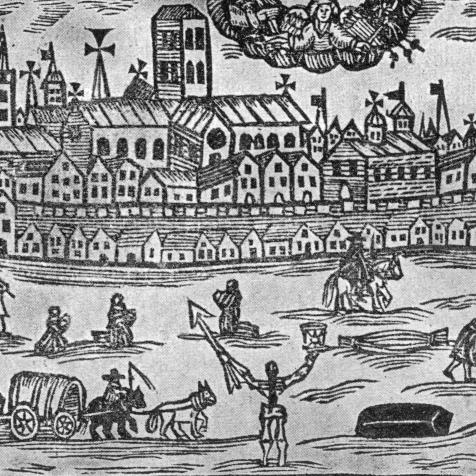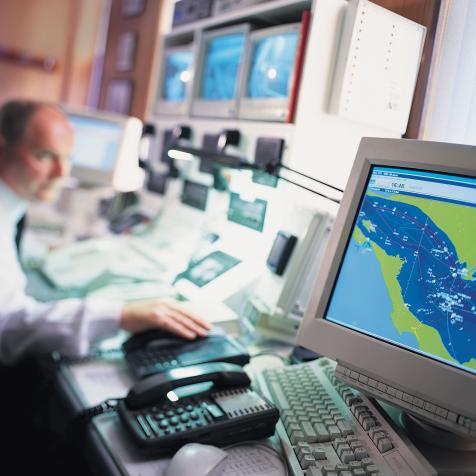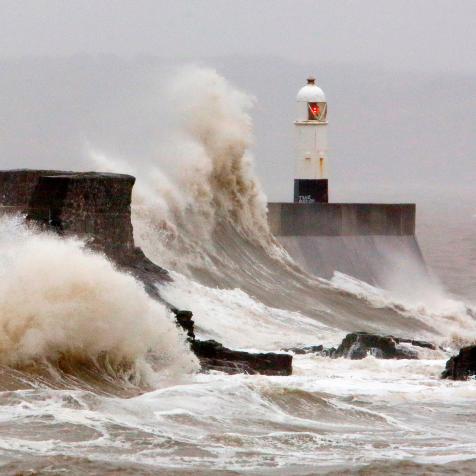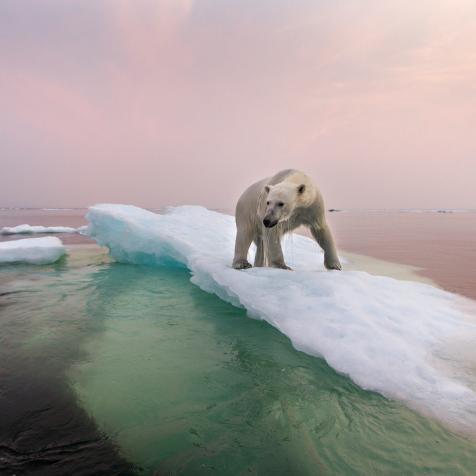
gremlin
Mapping Dark Matter in Outer Space
Scientists in Zurich are using facial recognition-style algorithms to map what we cannot see in space.
Do you have a passport or a driver’s license? Are you on Facebook or Instagram? If you are out and about in modern society, it is likely that you have interacted with facial recognition software in one way or another. The question posed by astrophysicists in Zurich was, "How can we utilize similar software in order to understand what we can’t see in space?"
In September of 2019, a group of scientists authored a journal article entitled, Cosmological Constraints with Deep Learning from KiDS-450 Weak Lensing Maps. Luckily, this brilliant group of Ph.Ds at the Swiss Federal Institute of Technology in Zurich released something more digestible for interested minds outside of the academic community.
In speaking to ETH Zurich News, Oliver Morsch, Tomasz Kacprzak gave some context to how learned computers, much like facial recognition, can help us understand more about space. “Facebook uses its algorithms to find eyes, mouths, or ears in images; we use ours to look for the tell-tale signs of dark matter and dark energy.”
So, what does that mean? In very simple terms, we cannot see dark matter and dark energy in space. Cosmologists, physicists, and computer scientists worked together to essentially teach computers how to analyze maps of space to give them the information they need to understand the universe—past, present, and future. Through the study of what is there, these scientists can truly understand what is in the negative space.
Humans have been using statistical analysis to do the same thing for years, but the speed and accuracy at which these computers can analyze the same data is revolutionary for this field. Once the computers teach themselves, this technology can expand the understanding of more images of the sky.


















